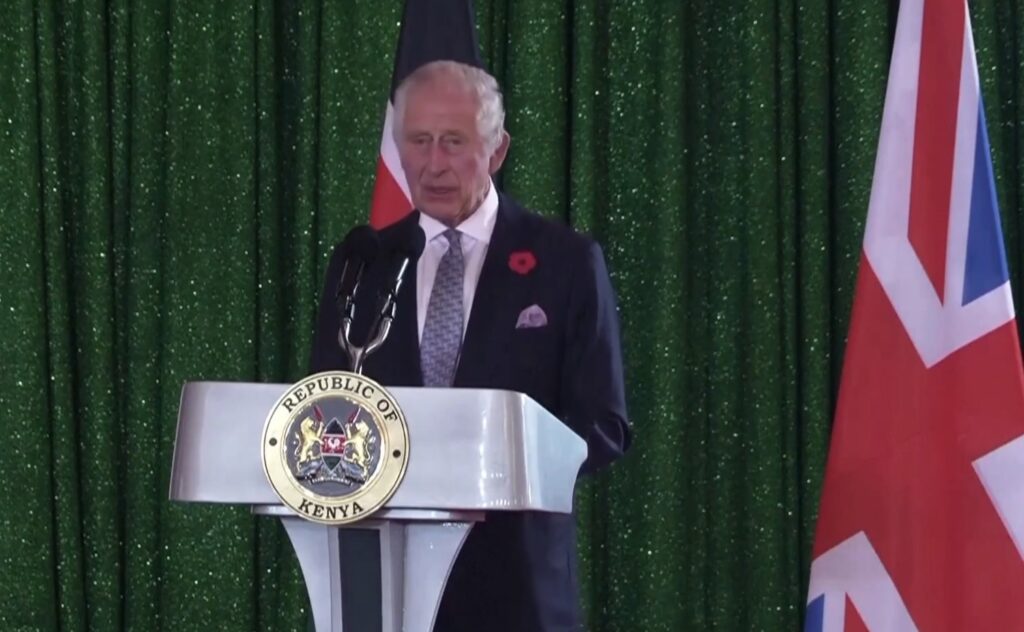A New Era of Responsibility: Commonwealth Leaders Address Colonial and Slavery Reparations
Commonwealth Leaders Commit to Reparations Talks
At the Commonwealth meeting in Samoa, leaders agreed to address reparations for Britain’s role in the slave trade. This commitment, recorded in a signed communique, signifies a historic move to acknowledge colonial and slavery impacts.
Fifty-six countries, including former British colonies, joined the dialogue, with a strong focus on Small Island Developing States (SIDS). The meeting highlighted a commitment to supporting smaller states and tackling pressing issues like climate change. Reparatory justice discussions, however, underscored a growing recognition of Britain’s complex colonial history.
Caribbean Nations Lead Reparations Demands
Caribbean countries have long called for Britain to acknowledge the harms caused by its role in slavery. Britain, from the late 16th century, transported approximately three million Africans to its Caribbean and American colonies. These enslaved people labored in tobacco, cotton, and sugar fields, producing wealth that funded Britain’s Industrial Revolution. Caribbean nations argue that reparations represent both acknowledgment and a means to redress these past harms.

King Charles and Prime Minister Starmer Respond to Calls for Reparations
King Charles, head of the Commonwealth, voiced empathy, recognizing slavery’s lingering impact on former colonies. He emphasized how the most painful aspects of the past still resonate with many. Prime Minister Keir Starmer noted no specific financial discussions at the summit. His remarks suggested Britain might consider reparative actions beyond direct monetary compensation.
Reports indicate Britain may explore debt forgiveness, economic aid, and developmental support instead of cash payments. These alternatives could address economic disparities left by colonial exploitation, easing the financial burden on affected countries.
Reparative Justice: A New Standard for Cooperation
The Commonwealth’s commitment to reparations talks represents a meaningful step toward international justice. These discussions acknowledge the importance of addressing past harms through dialogue and action. While specific measures remain undecided, this move could inspire further conversations on colonial legacies and global inequality.
With continued dialogue, meaningful reparative actions become increasingly possible. Commonwealth nations have set a new standard for international cooperation, aiming for shared accountability and mutual support.
Our Visitor






 Users Today : 49
Users Today : 49



